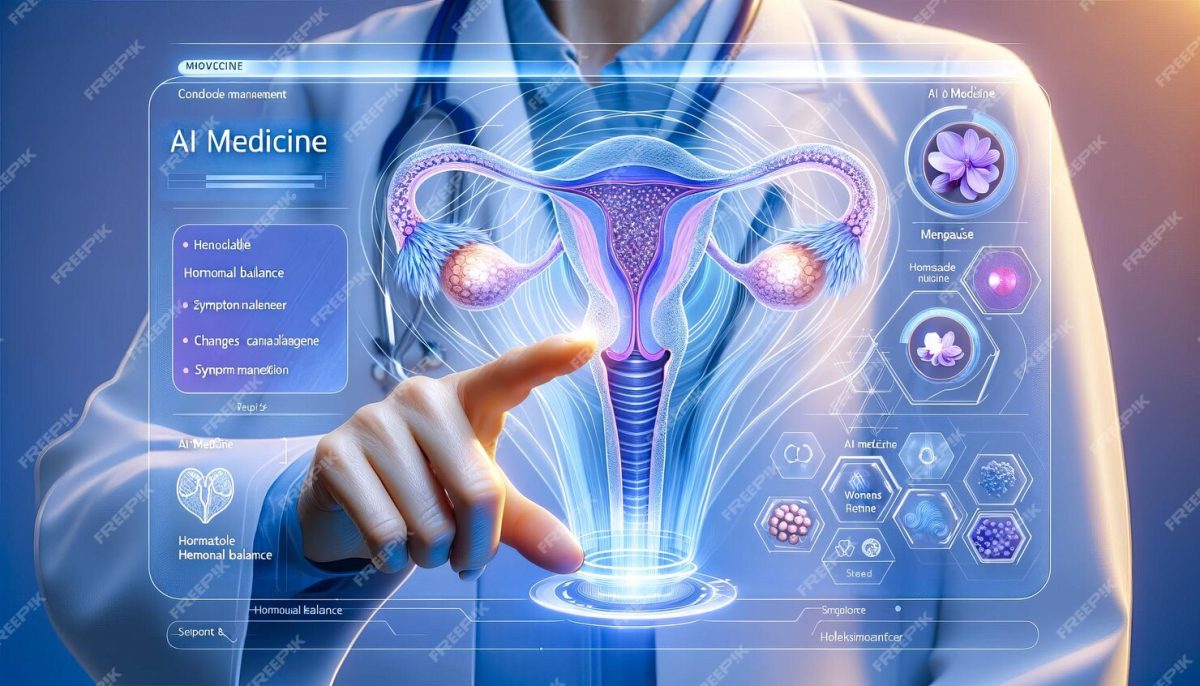Artificial intelligence (AI) has become deeply integrated into various aspects of modern life, from virtual assistants to advanced medical diagnostics. In reproductive medicine, AI is now a central topic in scientific conferences and forums, with its potential being explored across different stages of fertility treatments.
AI Applications in Assisted Reproductive Technology (ART)
AI is being leveraged in multiple areas of reproductive medicine, including:
- Treatment prognosis: Predicting ovarian response and treatment success.
- Ovarian stimulation optimization: Personalizing hormone dosage.
- Follicular monitoring: Automated ultrasound analysis for follicle tracking and measurement.
- Sperm selection: Identifying sperm with optimal morphology and motility.
- Oocyte and embryo quality assessment: Predicting embryonic development through image analysis.
- Donor selection: AI-driven algorithms optimizing donor-recipient compatibility.
AI-Driven Fertility Prediction Platforms
Several platforms have emerged to predict in vitro fertilization (IVF) success rates. These include:
- Free platforms: Organizations such as the CDC and SART offer population-based predictions.
- Subscription-based platforms: Tools like ExpectMore provide individualized estimates based on multiple factors.
The interpretation of AI-generated predictions remains reliant on clinical expertise, as accuracy depends on the quality and representativeness of the training data.
Time-Lapse Technology and AI in Embryo Selection
A major advancement in AI-driven reproductive medicine is the use of time-lapse imaging technology to evaluate embryo development. Systems such as EmbryoScope utilize AI algorithms to assign viability scores, including IdaScore and KidScore.
These technologies aim to enhance embryo selection and improve implantation rates; however, evidence regarding their impact on live birth rates remains limited.
Challenges and Limitations of AI in Reproductive Medicine
Despite its promising applications, AI in fertility treatment faces several challenges:
- Data quality and quantity: AI models trained on limited or biased datasets may produce inaccurate predictions.
- Reproducibility: Many AI-driven tools are applicable only to specific clinics or populations.
- Limited scientific evidence: Most AI-based fertility tools have low or very low levels of supporting evidence.
- Doctor-patient interaction: Algorithmic reports can create confusion or unrealistic expectations for patients.
Final Thoughts: Is AI the Future of Reproductive Medicine?
AI represents an exciting frontier in reproductive medicine, offering potential benefits across various fertility treatment stages. However, its clinical adoption must be grounded in robust scientific evidence and rigorous validation.
Healthcare professionals must critically assess AI advancements to ensure their integration benefits patients rather than being driven by commercial appeal. AI is here to stay, but its success in reproductive medicine will depend on our ability to implement it responsibly and with a strong evidence base.
While AI-driven tools may offer valuable insights, current evidence remains limited. Clinicians and embryologists must carefully evaluate which tools provide the strongest scientific backing and use them within an appropriate clinical context. Additionally, there is a pressing need to assess how these AI-generated reports impact patient satisfaction and understanding of their treatment options.
The relative lack of stringent scientific evaluation should prompt improved studies and more reliable conclusions. As AI continues to evolve, medical professionals and researchers must remain cautious in their interpretations, prioritize well-designed studies, and focus on integrating the most beneficial technologies into clinical practice.



